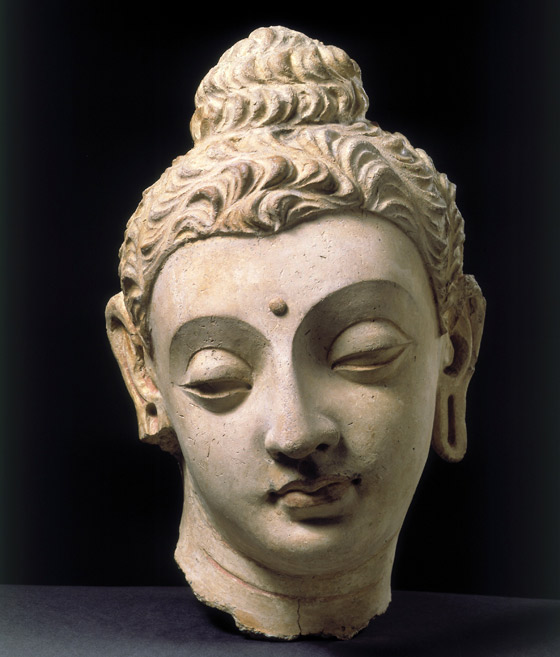Self and Others
To provide a full account of the ability to think “I”-thoughts, we need an explanation of the transition from implicitly self-related information to explicit self-representation. In the previous post, I argued that world-directed action and perception do not require explicit self-representation. This raises the question of when explicit self-representation does …







